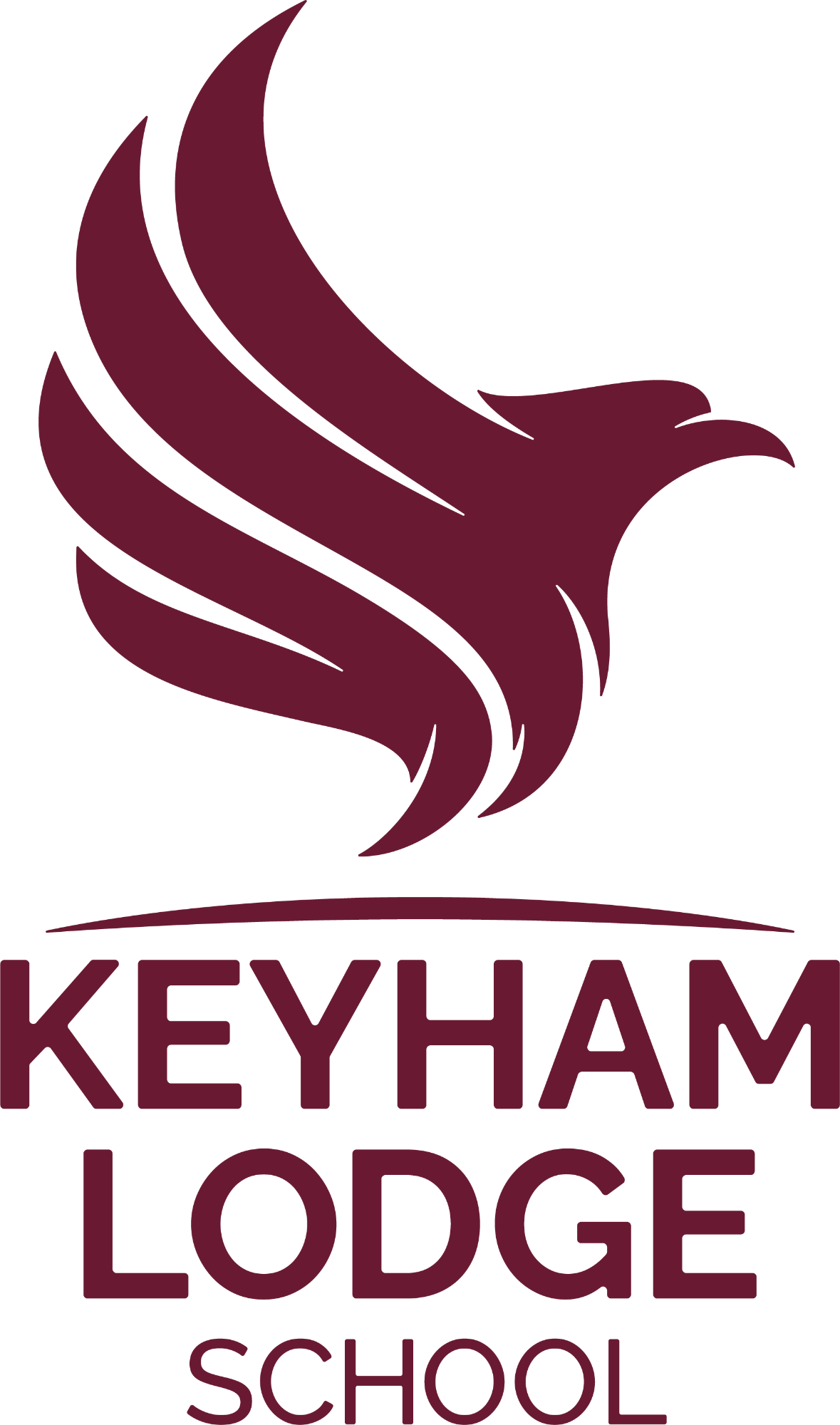English
Faculty Teaching and Learning Statement
“The English Curriculum at Keyham Lodge will facilitate a deep understanding of the world in which students live, by understanding their society and how literature and language motivates social change.”
At Keyham Lodge, the English Language and Literature curriculum is delivered in a challenging and engaging manner. Using 19th century fiction and non fiction and more contemporary writing, our aim is to bring the subject into the world of our pupils, making it relevant to their lives but also encouraging them to broaden their worlds. We believe that our students are uniquely positioned to effect change within their own communities; lots of our learning is centred on individuals who have done exactly that, and many of whom have done so in the face of adversity.
In Literature we also find a vehicle to explore our Keyham CORE values and in each lesson, implicitly or explicitly, our aim is to develop pupils’ Character, Oracy, Resilience and Emotional Intelligence. Central to these values are our behaviour principles, and as well as the department’s high expectations for behaviour, we are also well positioned to explore each principle in the texts we study, linking writer’s motives and the decisions of characters to our own lived experiences.
It is our aim within the department to:
- Consider every student’s individual learning needs and plan accordingly to allow every student to access lessons and make exceptional progress
- Challenge and engage all students in lessons, ensuring sufficient breadth and depth of content to stretch the most able as well as support pupils to make good progress.
- Assess students’ progress regularly, (in line with department policy) and to monitor progress using relevant data to inform planning and set personal development opportunities.
- Monitor and track every students’ progress regularly and offer meaningful intervention strategies and sessions if necessary, to ensure good progress for all.
- Enable students to become both creative and critical thinkers, readers and writers through the development of the skills and resources they will need to succeed in an increasingly literate and multimodal world.
- Encourage a knowledge, understanding, appreciation and tolerance of the multicultural and multi-ethnic society and world in which we live.
Overview of Key Stage 3
We commence each year of Key Stage 3 with an introductory unit which reaffirms the importance of the subject in our students’ lives. We know that “the why” is critical for our cohort, and each of these units gives our students an opportunity to explore the subject’s relevance to them.
Each programme of study in years 7, 8 and 9 thereafter is designed and created to equip our students with the necessary knowledge and skills in reading, writing and speaking and listening to achieve success at Functional Skill and GCSE level. However, it is also our aim to develop a true love for the subject throughout KS3, changing the perception that many of our students’ bring with them from KS2 or other settings. Whilst we ensure that our KS3 pupils engage with novels, plays, poetry, drama, short stories, Shakespeare and non-fiction texts, each programme of study is designed with the needs of our students in mind. We know that their lives outside of school can lead to a narrow world view so we have considered bridging this gap in cultural capital, whilst also ensuring their journey through each unit is clear and that the curriculum narrative is well structured, introducing new content whilst interleaving with old to leave our students with the best possible chance of succeeding at KS4. Although we never reference Key Stage 4 assessment objectives with our KS3 students, our long-term plans cover all skills necessary to be able to access Functional Skill and GCSE English Literature and Language.
Overview of Key Stage 4
AQA GCSE Language and Literature Pathway
Most students will follow the AQA English Language (8700) and Literature (8702) GCSE. Beginning this academic year, this programme will be delivered over the course of 3 years, as opposed to 2, in order to provide students with ample time to grasp the skills necessary to access the GCSEs. Units will need to be delivered in a timely way and are monitored closely as achievement in all assessment objectives is crucial to overall success. Therefore, all department staff are urged to note and adhere to time frames in order to deliver all course components successfully.
Edexcel Functional Skills Qualification
As a minimum, we offer all pupils the opportunity to gain a Functional Skills qualification in English. This qualification enables pupils of all abilities to gain a nationally recognised qualification in English which has a practical application for their future careers.
The Functional Skills qualification focuses on three key areas:
• Speaking, listening and communication
• Reading
• Writing
Our aim is to offer all pupils the opportunity to leave our school with at least one qualification in English and an enthusiasm and confidence in reading and writing.
Interventions to support progress in English and beyond
Our diverse cohort of students are literacy and dyslexia tested each year using LASS, a digital test covering reasoning, phonic decoding, spelling, visual and auditory verbal-memory and phonological awareness. Once complete, our interventions team identify students in need of additional support.
Post test, we are currently using "Alpha to Omega" and "Rapid Reading" to support students to develop literacy skills to expected age-levels. Our younger KS3 students are also supported with literacy skills through a computer-based program, "Nessy" which helps them with phonics and reading.
For further details, please contact Tom at tgill@keyham.discoverytrust.org
